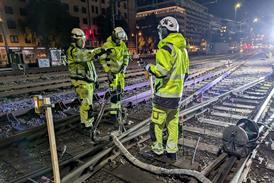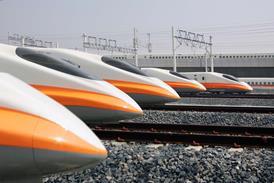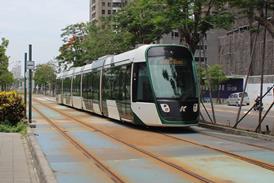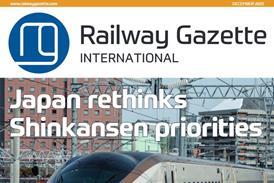Keolis-MHI takes over Dubai metro and tram operations
By Metro Report International2021-09-08T15:16:00

UAE: ‘This is an exciting day for us’, Keolis Group’s International CEO Bernard Tabary told Metro Report International when a Keolis-MHI joint venture took over the operation and maintenance of Dubai’s driverless metro and tram networks on September 8.
Already have an account? LOG IN
To continue…
You’ve reached your limit of content for the month
Get enhanced access to Railway Gazette news and weekly newsletters.

For almost 200 years, the Railway Gazette Group has been the leading provider of news, analysis and intelligence for the international railway industry. Our independent and authoritative content is read by operators, regulators and the supply industry in over 140 countries using a variety of tailored subscription packages.
Site powered by Webvision Cloud



